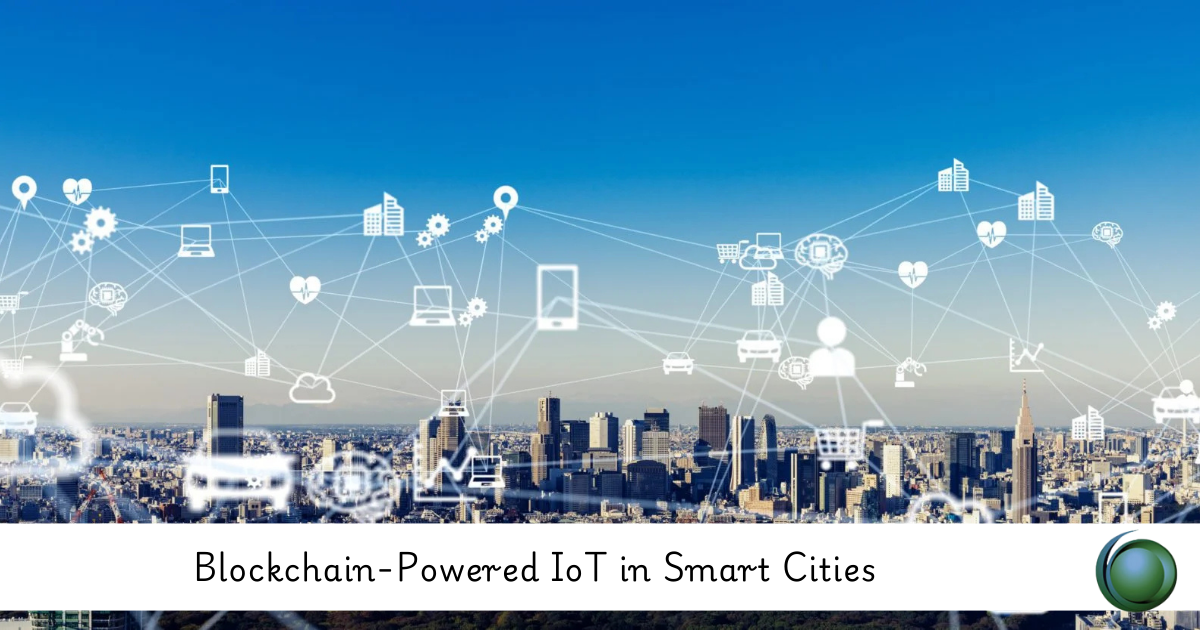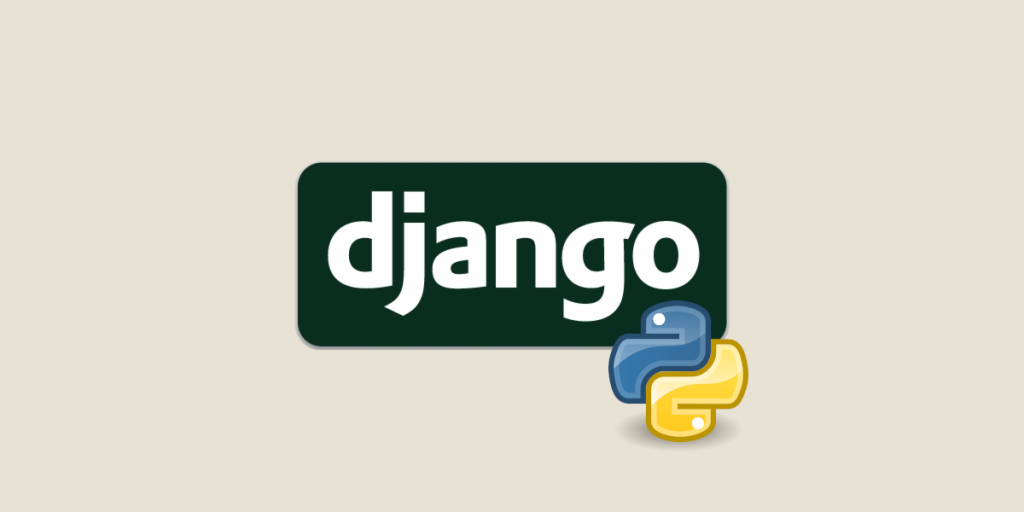Description
Introduction
Smart cities are leveraging Internet of Things (IoT) technologies to improve urban living by enhancing efficiency, sustainability, and safety. Blockchain, as a decentralized and secure technology, is playing a transformative role in enabling secure, transparent, and scalable IoT solutions in smart cities. This course explores how blockchain is integrated with IoT systems to create smarter, more connected cities, enhancing everything from transportation and energy to public safety and governance.
Prerequisites
- Basic understanding of IoT technologies, devices, and networks (e.g., sensors, actuators).
- Familiarity with blockchain technology, including how decentralized systems work and the role of smart contracts.
- Knowledge of cloud computing and edge computing concepts as they relate to IoT.
- Understanding of cryptographic techniques and their role in securing data in IoT systems.
- Basic programming skills, particularly for blockchain and smart contract development (e.g., Solidity, Ethereum).
Table of Contents
- Introduction
1.1 What is IoT in Smart Cities?
1.2 Blockchain Technology Overview
1.3 Intersection
1.4 Key Benefits of Integrating - Blockchain Basics for Smart Cities
2.1 Understanding Blockchain and Distributed Ledger Technology
2.2 Key Components of a Blockchain Network
2.3 Public vs. Private Blockchains for IoT Integration
2.4 Consensus Mechanisms: Proof of Work, Proof of Stake, and Alternatives - Core IoT Use Cases in Smart Cities
3.1 Smart Energy Management and Blockchain
3.2 Blockchain for Smart Transportation and Autonomous Vehicles
3.3 Smart Waste Management Systems
3.4 Blockchain for Smart Grids and IoT Sensors in Urban Infrastructure - Integrating Blockchain with IoT Devices
4.1 Architecture of IoT and Blockchain Integration
4.2 Role of Sensors
4.3 IoT Gateways and Blockchain Nodes
4.4 Smart Contracts for IoT Data Verification and Automation - Security, Privacy, and Data Integrity in Smart Cities
5.1 Ensuring Secure Data Transmission Between IoT Devices Using Blockchain
5.2 Decentralized Identity Management for IoT Devices
5.3 Privacy-Preserving Techniques for Smart City Data
5.4 Blockchain and GDPR Compliance in Smart Cities - Smart City Applications Using Blockchain and IoT
6.1 Decentralized Energy Markets for Smart Cities
6.2 Blockchain for Autonomous Traffic Management
6.3 Enhancing Public Safety with IoT and Blockchain
6.4 Blockchain-Powered Smart Healthcare Solutions - Blockchain for Urban Governance and Citizen Engagement
7.1 Transparent Governance with Blockchain
7.2 Blockchain for Public Record Keeping and Voting Systems
7.3 Citizen Privacy and Consent Management in Blockchain-Enabled Smart Cities
7.4 Crowdsourced Data and Blockchain in Civic Engagement - Challenges and Limitations
8.1 Scalability Issues
8.2 Energy Consumption of Blockchain Networks(Ref: Enhancing IoT Supply Chains with Blockchain and Decentralized Applications)
8.3 Interoperability Between Different Blockchain Platforms and IoT Devices
8.4 Legal and Regulatory Challenges - Future
9.1 Emerging Trends
9.2 The Role of 5G and Edge Computing in Blockchain-Powered IoT
9.3 AI and Machine Learning for Smart City Blockchain Systems
9.4 The Potential of Cross-City Blockchain Networks for Global Smart Cities - Implementing
10.1 Hands-On: Developing a solutions
10.2 Deploying IoT Devices and Blockchain Nodes in a Smart City Scenario
10.3 Building and Testing Smart Contracts for IoT Data Transactions
10.4 Integrating Blockchain Solutions with Existing Smart City Infrastructures
Conclusion
This course has solutions are revolutionizing the way smart cities operate, offering enhanced security, transparency, and efficiency in urban systems. By leveraging decentralized technology, cities can provide smarter services and improve the quality of life for residents. Despite challenges such as scalability and interoperability, the potential of combining blockchain with IoT in smart cities holds great promise for building sustainable, efficient, and secure urban environments. As blockchain technology continues to evolve, its role in shaping the future of smart cities will become increasingly pivotal.







Reviews
There are no reviews yet.